Cats
Have You Wondered Why Cats Eat Grass?
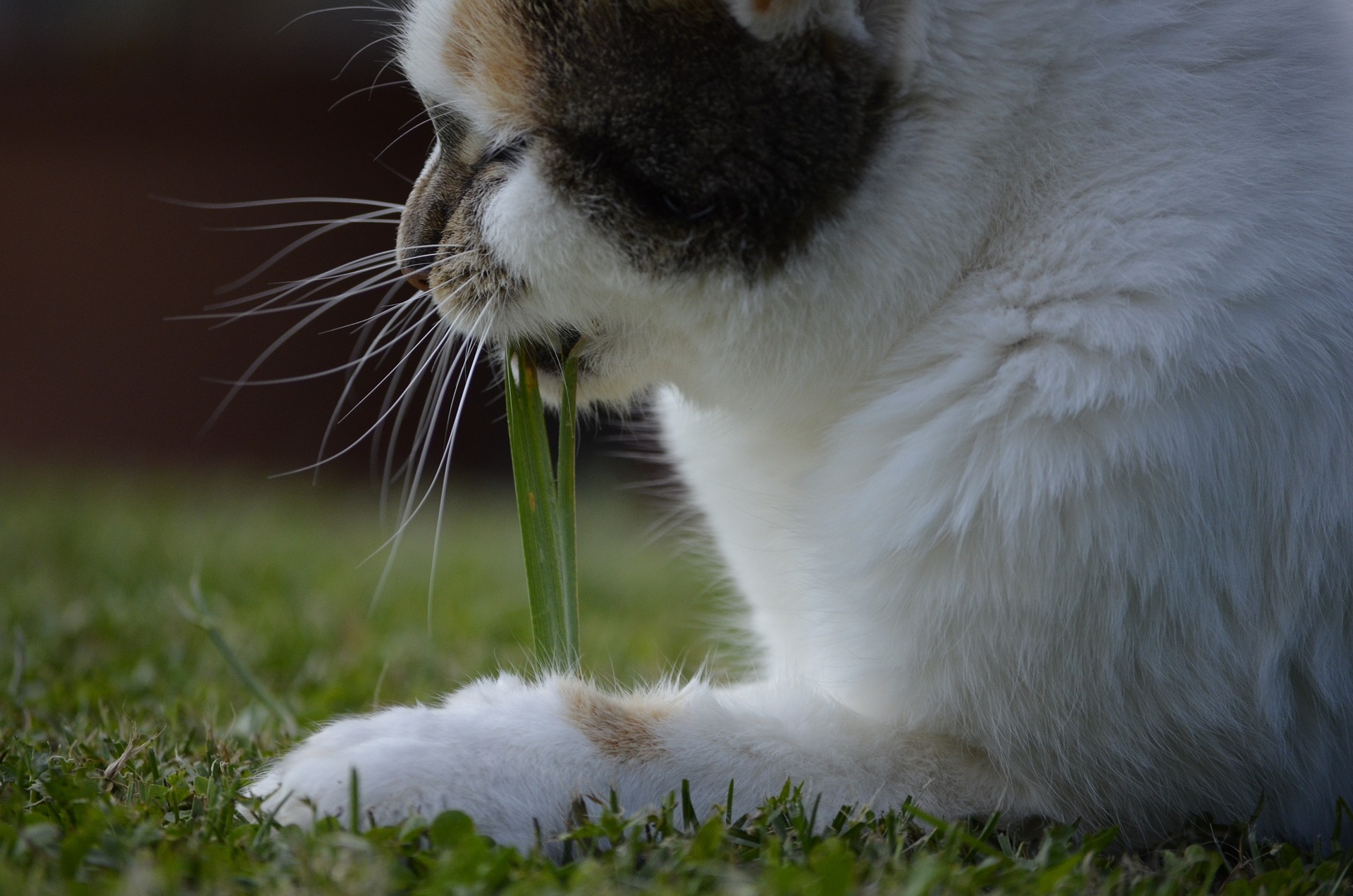
If you’re a cat lover, chances are you’ve caught your furry friend nibbling on blades of grass from time to time. But have you ever wondered why they do it? Is it just a quirky behavior or is there something more to this feline fascination with greens? Join us as we explore the surprising reasons behind cats’ love affair with grass and discover how this simple act can benefit their overall health and well-being. Get ready for some perfectly insightful answers!
What Cats Eat
Cats are obligate carnivores, meaning that their bodies are designed to digest and use only animal-based proteins. So why do some cats eat grass?
There are a few theories:
- Some believe that cats eat grass to supplement their diet with vitamins and minerals that they may be lacking. The grass is a good source of folic acid, which is important for cell growth and development.
- Others believe that cats eat grass as a natural way to expel hairballs from their digestive system. The blades of grass help to scrape the hairballs up and out of the stomach.
- It has also been suggested that cats eat grass for its digestive benefits. Grass contains enzymes that can help break down tough plant fibers and make them easier to digest.
- Some say that eating grass is simply a behavioral quirk that some cats have inherited from their wild ancestors. In the wild, cats would consume the entire prey animal, including the stomach contents, which would often include plants and grasses.
Why Cats Eat Grass
There are several reasons why cats eat grass. Some believe it helps them digest their food properly, while others think it provides them with important vitamins and minerals. Some cats simply enjoy the taste of grass!
Cats usually eat grass when they’re feeling nauseous or have an upset stomach. The grass acts as a gentle laxative, helping them to expel any indigestible matter from their system. Eating grass can also help to settle an upset stomach and calm nausea.
If your cat is eating grass regularly, it’s important to make sure that they’re also getting enough of the right nutrients in its diet. Grass does not provide cats with all the nutrients they need, so it’s important to supplement their diet with other foods as well.
How Much Grass Should a Cat Eat?
You are not alone if you have ever wondered why your cat eats grass. It is a mystery to many pet parents why their furry friends enjoy munching on plants.
There are a few theories as to why cats eat grass. Some say that it helps them digest their food properly or that they are simply attracted to the green color. Others believe that cats eat grass to get vitamins and minerals that they are lacking in their diet.
Whatever the reason, there is no need to worry if your cat enjoys eating grass. It can be good for them! Grass provides roughage and helps with digestion. Cats also seem to enjoy the taste of grass, so it can be used as a treat!
Just make sure that the grass you give your cat is pesticide-free and not treated with herbicides or other chemicals. This is ideal if grow your grass or have access to pesticide-free public grass. You can also purchase organic cat grass at some pet stores.
The Health Benefits of Eating Grass for Cats
Cats are known for their curious behavior of eating grass, but did you know that there are many health benefits to this strange habit? Here are just a few of the ways that eating grass can benefit your feline friend:
- Digestive Aid: Grass can help to soothe an upset stomach and promote healthy digestion. It can also help to get rid of hairballs and other unwanted debris from the digestive tract.
- Nutritional Boost: Grass is a good source of essential nutrients like chlorophyll, carotene, and vitamin A. These nutrients can help to boost your cat’s overall health and vitality.
- Natural Deodorizer: Eating grass can help to freshen your cat’s breath and eliminate body odor.
- Stress Relief: Grass-eating can be a soothing activity for cats, providing them with a sense of calmness and relaxation.
The Different Types of Grass Cats Can Eat
There are a variety of grasses that cats can eat, each with its own set of benefits. The most common type of grass eaten by cats is wheatgrass, which is packed with nutrients and antioxidants. Oat grass is another popular option, as it helps to soothe the digestive system and is high in fiber. Catnip is also a good choice, as it provides a natural source of energy and can help to relieve stress.
How to Grow Your Cat Grass
To grow your cat grass, you will need:
- pot or container for growing the grass (a small plastic container or even an empty egg carton will work)
- 1/4 cup of organic soil
- 1 packet of cat grass seed mix (you can find this at most pet stores)
- A watering can or spray bottle
Instructions:
- Fill the pot or container with organic soil. Moisten the soil with water from the watering can or spray bottle until it is damp, but not soggy.
- Sprinkle the cat grass seed mix evenly over the surface of the soil. Again, moisten the seeds with water from the watering can or spray bottle.
3. Place the pot in a sunny spot and keep the soil moistened by misting it with water daily. In 7-10 days, you should see sprouts emerging from the soil! Once the grass is several inches tall, your kitty can start munching away!
Read Also :
Don’t Feed Your Cat These 8 Foods!
Best ways to discipline a cat
0 Comments
Leave a Reply
Cancel reply
Cats
Tips for Taking Care of a Pregnant Cat
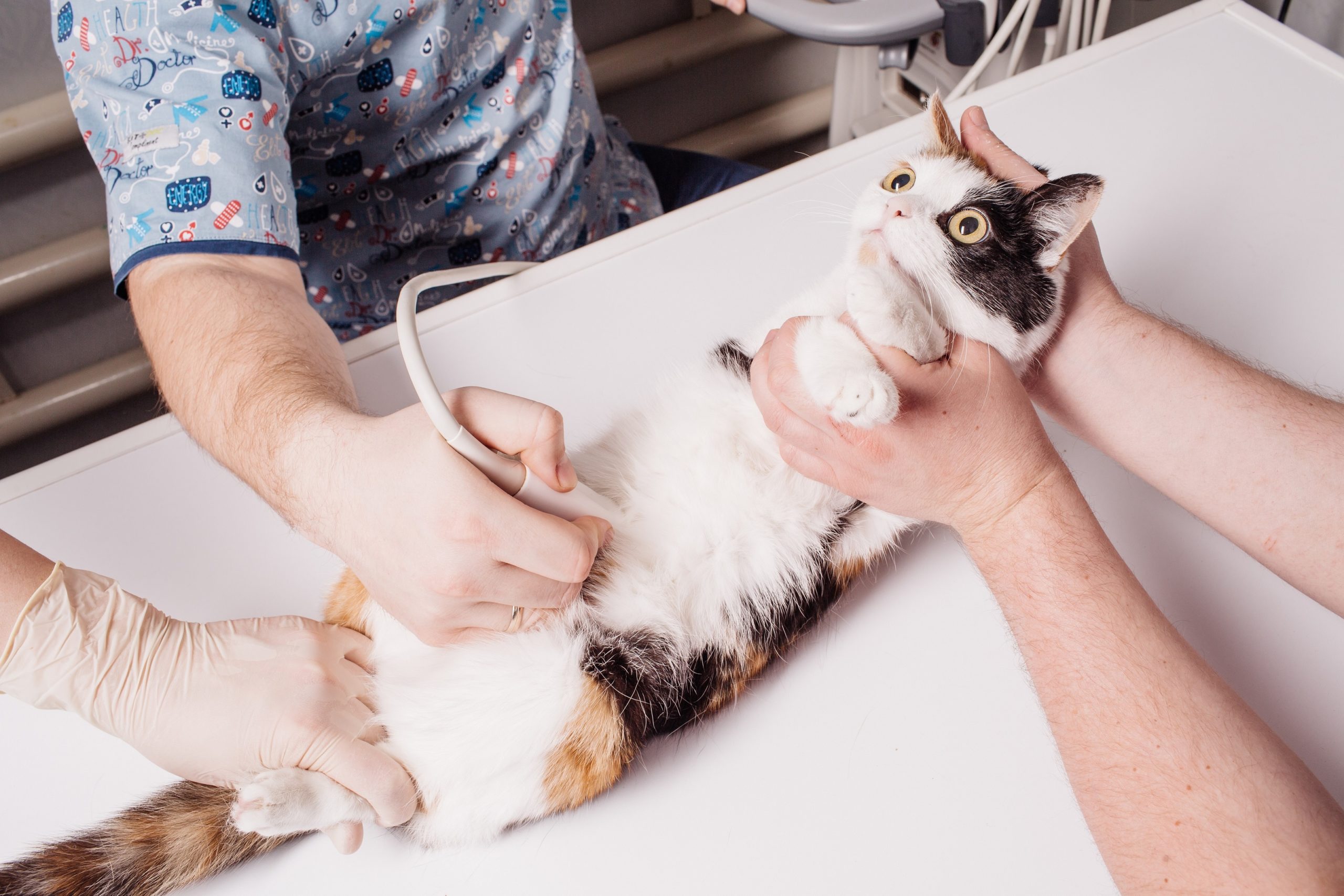
Having a pregnant cat can be a wonderful, but sometimes overwhelming experience. With the proper guidance and care, however, you can help make sure that your pregnant cat has a safe and healthy pregnancy. Taking care of a pregnant cat is relatively simple and involves making sure she has a comfortable home, nutritious food, and regular veterinary check-ups. In this blog post, we will cover the basics of feline family planning and provide some helpful tips for taking care of a pregnant cat.
Cats
Signs of Cat Pregnancy Week by Week
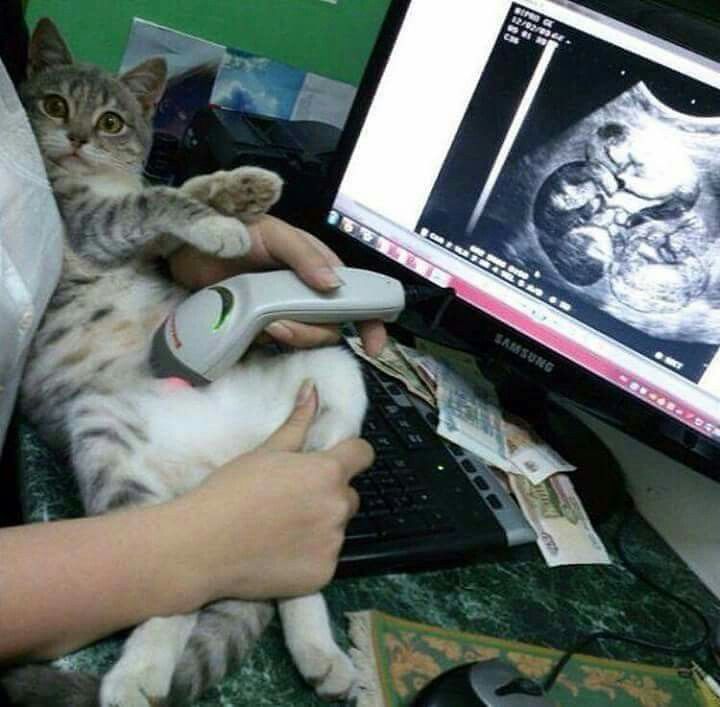
If you’re a cat owner, you may have noticed signs of your cat’s pregnancy and are wondering what to expect. Knowing the signs of cat pregnancy by week can help you better understand and monitor the changes your cat is going through during her pregnancy. In this blog post, we’ll discuss the various signs of cat pregnancy and what to expect from week to week.
Cats
Why Kittens are Born Dead or Deformed
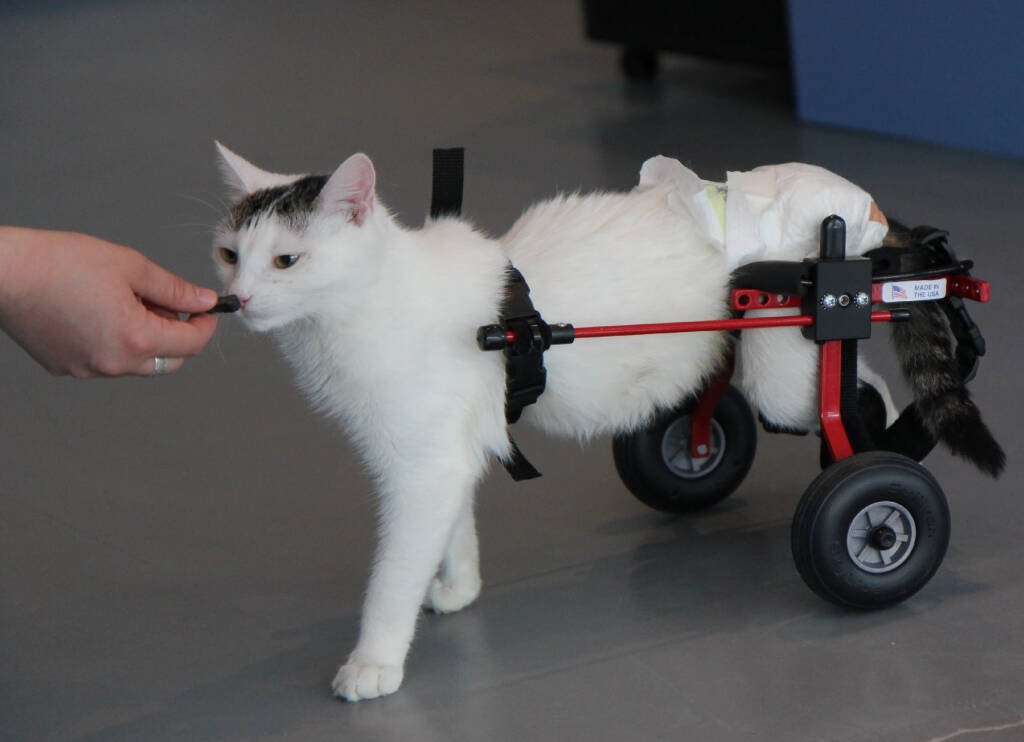
No one expects to find dead or deformed kittens in a litter, but sadly this does happen from time to time. In this blog post, we will discuss the reasons for the birth of dead and deformed kittens, as well as what can be done to prevent this from occurring. We will also discuss how to properly care for these kittens if they are born alive. By understanding the causes and effects of dead and deformed kittens, we can better support our furry friends in need.
Trending

 Cats1 year ago
Cats1 year agoDon’t Feed Your Cat These 8 Foods!

 Cats8 months ago
Cats8 months agoWhy Do Cats Spray and How Can You Stop Them? Insights into Urine Spraying in Male Cats

 Dogs2 years ago
Dogs2 years agoSo You’re Thinking About Getting a Poodle

 Birds1 year ago
Birds1 year agoThe Perfect Blend for Your Birds: Birds and Blend

 Horses1 year ago
Horses1 year agoDon’t Go Horse Shopping Without Checking This Dressage Horse Shopping Checklist First!

 Cats7 months ago
Cats7 months agoPre-Vaccination Prep: Getting Your Cat Ready

 Cats7 months ago
Cats7 months agoThe Ins and Outs of Cat Sterilization: Removing the Female’s Ovaries

 Dogs7 months ago
Dogs7 months agoWhat to Do With Your Dog’s Body After Death: A Guide for Pet Owners




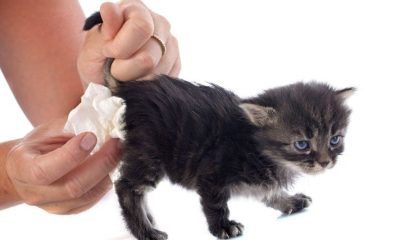







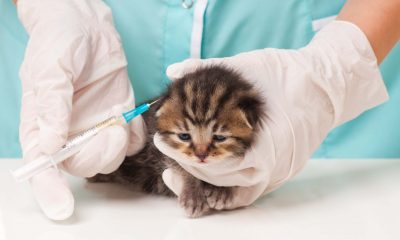

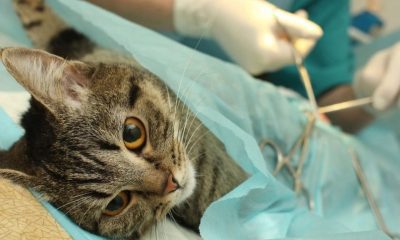



Pingback: The Dos and Don'ts of Cat Feeding - Gentel Life Plus